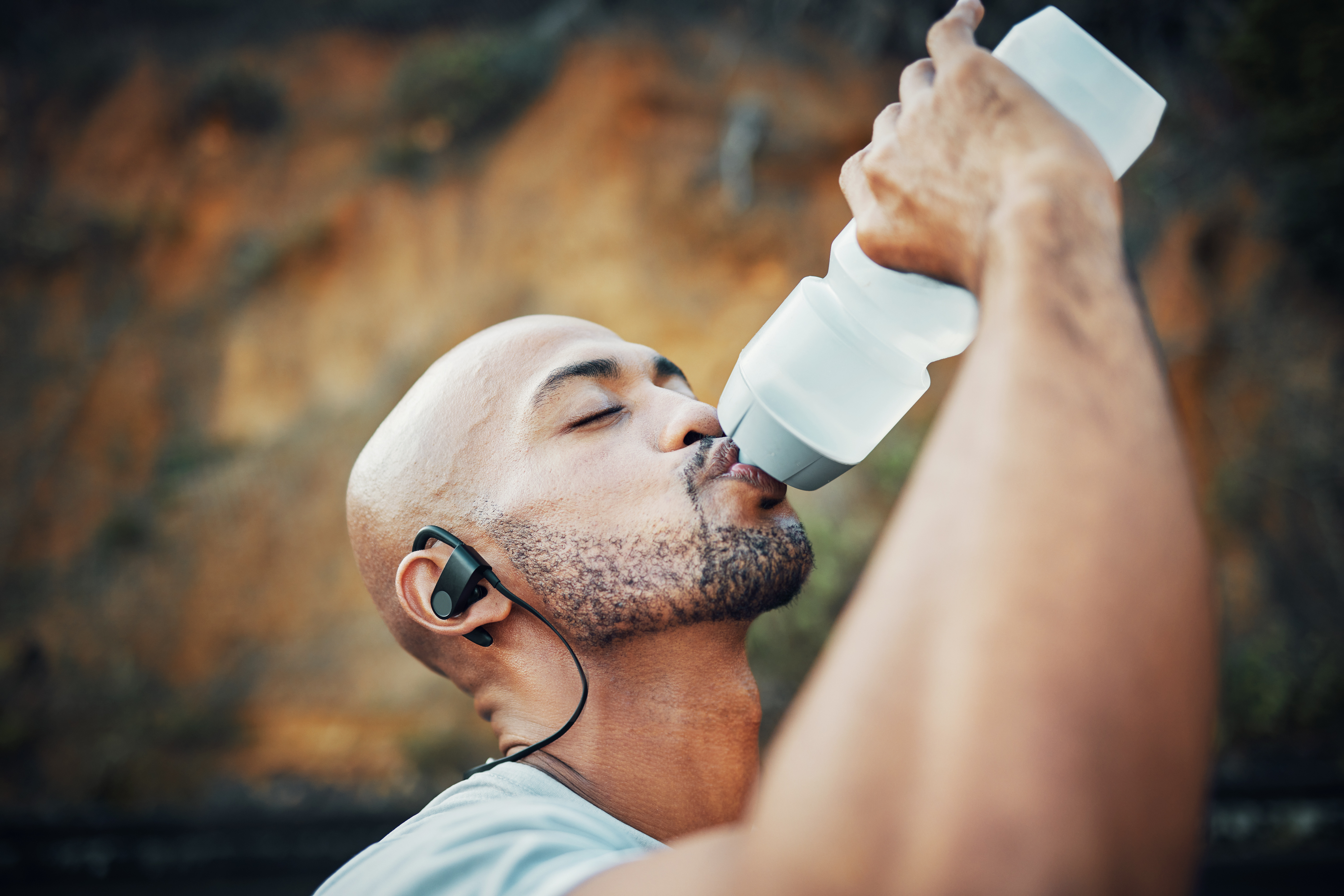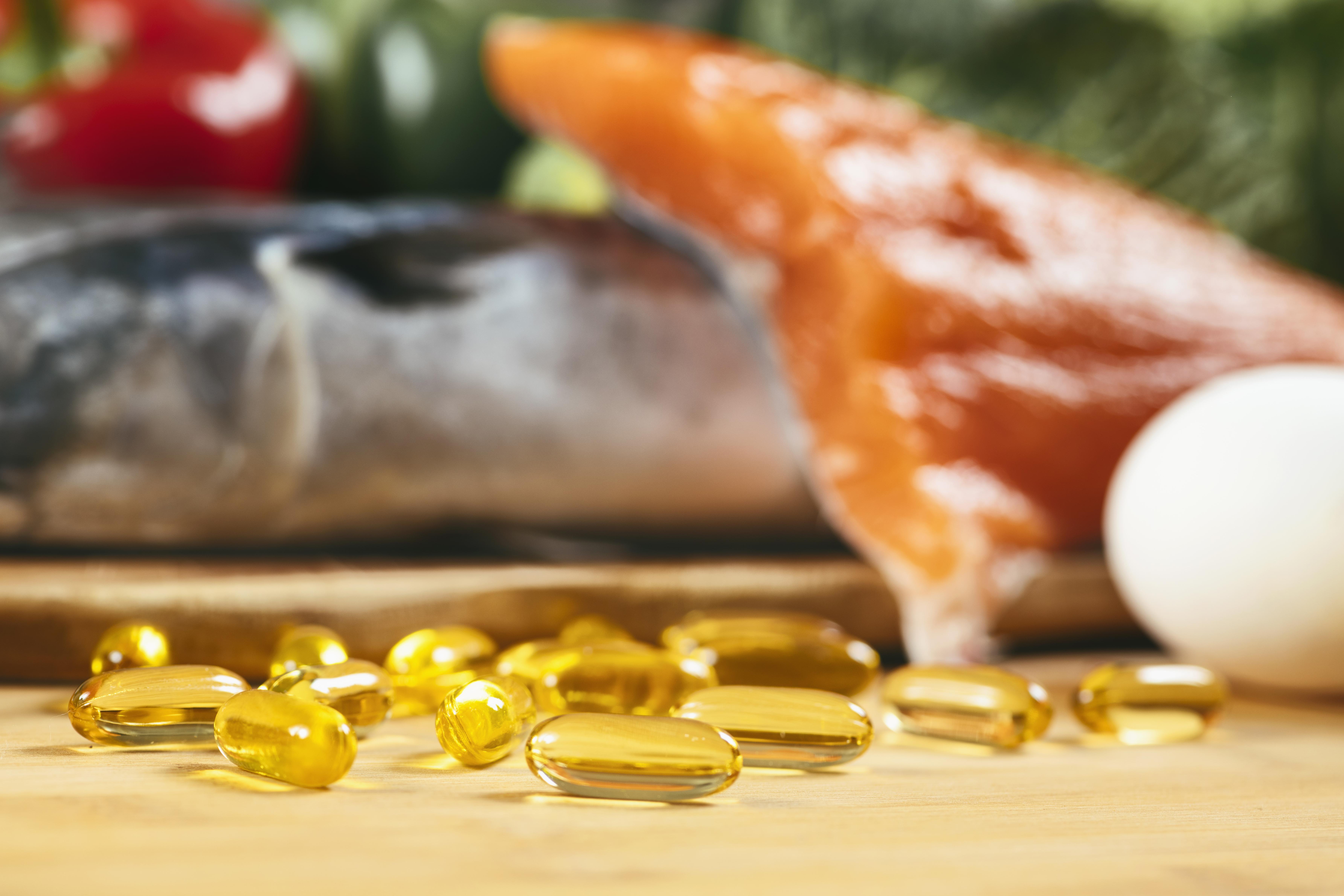11 Little Changes That Have a Big Impact on Blood Pressure
Hypertension, commonly known as high blood pressure, is a prevalent condition that affects millions of individuals worldwide. Often dubbed the "silent killer," it typically shows no symptoms until it has caused significant damage to the heart and arteries. This condition increases the risk of heart disease, stroke, and kidney failure, making it crucial to manage effectively. Despite its severity, hypertension can be controlled through lifestyle changes. This article will guide you through 11 simple yet effective tweaks you can incorporate into your daily routine to lower your blood pressure and improve your overall health. The World Health Organization (WHO) reports that hypertension is responsible for over 7.5 million deaths annually, accounting for about 12.8% of the total deaths worldwide. While medication is often prescribed to manage hypertension, lifestyle interventions can significantly enhance treatment outcomes. This article will delve into practical strategies that can seamlessly fit into your lifestyle, offering a holistic approach to managing blood pressure.
1. Embrace a Heart-Healthy Diet

Diet plays a crucial role in managing blood pressure. The Dietary Approaches to Stop Hypertension (DASH) diet is specifically designed to help people reduce their blood pressure. This eating plan emphasizes the consumption of fruits, vegetables, whole grains, lean proteins, and low-fat dairy products while limiting saturated fats, cholesterol, and sodium. By adopting a DASH diet, you can significantly lower your blood pressure and improve your heart health. Studies have shown that individuals who follow the DASH diet can experience a reduction in blood pressure within just two weeks. Incorporating more potassium-rich foods, such as bananas, sweet potatoes, and spinach, can also help manage blood pressure. Potassium helps balance the amount of sodium in your cells, which can reduce high blood pressure. Additionally, reducing sodium intake is essential. The American Heart Association recommends consuming no more than 2,300 milligrams of sodium per day, with an ideal limit of 1,500 milligrams for most adults. By making these dietary changes, you can take control of your blood pressure and improve your overall health.
2. Get Moving: The Power of Regular Exercise

Physical activity is a cornerstone of a heart-healthy lifestyle. Regular exercise strengthens the heart, allowing it to pump blood more efficiently and reducing the pressure on the arteries. Engaging in at least 150 minutes of moderate-intensity aerobic exercise, such as brisk walking or cycling, per week can significantly lower blood pressure. Incorporating strength training exercises at least twice a week can also provide additional benefits, helping to maintain a healthy weight and improve cardiovascular health. Exercise not only helps in lowering blood pressure but also enhances mood, reduces stress, and improves overall well-being. It's important to choose activities that you enjoy, as this will increase the likelihood of maintaining a consistent exercise routine. Whether it's dancing, swimming, or playing a sport, finding an activity that brings joy can make a significant difference in your commitment to regular physical activity. Remember, consistency is key, and even small amounts of exercise can add up to substantial health benefits over time.
3. Manage Stress: Techniques for a Calmer Mind

Chronic stress is a known contributor to high blood pressure. When you're stressed, your body releases hormones that temporarily increase blood pressure by causing your heart to beat faster and your blood vessels to narrow. Over time, this can lead to sustained high blood pressure. Learning to manage stress effectively is crucial for maintaining healthy blood pressure levels. Techniques such as deep breathing, meditation, and yoga can help calm the mind and reduce stress. Mindfulness meditation, in particular, has been shown to lower blood pressure by promoting relaxation and reducing the body's stress response. Practicing mindfulness involves paying attention to the present moment without judgment, which can help you become more aware of your thoughts and feelings and manage them more effectively. Additionally, engaging in hobbies, spending time in nature, and connecting with loved ones can also help reduce stress and improve your overall well-being. By incorporating stress management techniques into your daily routine, you can create a more balanced and healthier lifestyle.
4. Prioritize Sleep: The Connection Between Rest and Blood Pressure

Quality sleep is essential for maintaining healthy blood pressure levels. During sleep, your body repairs itself, and the heart rate and blood pressure naturally decrease. However, sleep deprivation or poor sleep quality can lead to elevated blood pressure and increase the risk of hypertension. Adults should aim for seven to nine hours of sleep per night to support overall health and well-being. Establishing a consistent sleep schedule and creating a relaxing bedtime routine can help improve sleep quality. Factors contributing to poor sleep include stress, caffeine consumption, and exposure to screens before bedtime. Limiting caffeine intake, especially in the afternoon and evening, and reducing screen time before bed can help improve sleep. Additionally, creating a comfortable sleep environment, such as keeping the bedroom dark, quiet, and cool, can promote restful sleep. By prioritizing sleep and making necessary adjustments, you can support your body's natural ability to regulate blood pressure and improve your overall health.
5. Limit Alcohol and Avoid Tobacco

Both alcohol and tobacco use can have detrimental effects on blood pressure. While moderate alcohol consumption may have some heart health benefits, excessive drinking can lead to elevated blood pressure and other health issues. The American Heart Association recommends that men limit alcohol intake to no more than two drinks per day and women to no more than one drink per day. Cutting back on alcohol can help lower blood pressure and reduce the risk of developing hypertension. Tobacco use is another significant risk factor for high blood pressure. The chemicals in tobacco can damage blood vessels and increase the risk of heart disease. Quitting smoking is one of the most effective ways to improve heart health and lower blood pressure. While quitting can be challenging, there are numerous resources and support systems available to help individuals successfully quit smoking. By reducing alcohol consumption and avoiding tobacco, you can take significant steps toward improving your blood pressure and overall health.
6. Maintain a Healthy Weight

Weight management is a critical component of controlling blood pressure. Excess weight can strain the heart and increase the risk of hypertension. Even a small amount of weight loss can have a significant impact on blood pressure levels. Losing just 5% to 10% of your body weight can help lower blood pressure and improve heart health. Achieving and maintaining a healthy weight involves a combination of a balanced diet and regular physical activity. Setting realistic weight loss goals and focusing on gradual, sustainable changes can lead to long-term success. It's essential to avoid fad diets and instead adopt a healthy eating plan that you can maintain over time. Additionally, seeking support from healthcare professionals, such as dietitians or nutritionists, can provide valuable guidance and resources. By prioritizing weight management, you can take control of your blood pressure and enhance your overall health.
7. Monitor Your Blood Pressure Regularly

Regular monitoring of blood pressure is crucial for managing hypertension effectively. Home blood pressure monitors make it easy for individuals to track their blood pressure regularly and identify any changes or trends. Keeping a record of your blood pressure readings can help you and your healthcare provider assess the effectiveness of lifestyle changes and medication. It's important to follow the manufacturer's instructions and ensure the monitor is calibrated correctly for accurate readings. Monitoring blood pressure at home can also help reduce anxiety and provide a more comprehensive picture of your blood pressure levels. This information can be valuable during medical appointments, allowing healthcare providers to make informed decisions about treatment and management strategies. By taking an active role in monitoring your blood pressure, you can gain a better understanding of your health and make necessary adjustments to improve your well-being.
8. Stay Hydrated: The Importance of Water

Proper hydration is essential for maintaining healthy blood pressure levels. Water is vital for various bodily functions, including regulating blood pressure. Dehydration can lead to an increase in blood pressure due to the body's attempt to conserve water by constricting blood vessels. Drinking an adequate amount of water each day helps ensure that your body functions optimally and can help prevent elevated blood pressure. The general recommendation is to drink at least eight 8-ounce glasses of water per day, though individual needs may vary based on factors such as activity level and climate. It's important to listen to your body's signals and drink water when you're thirsty. Additionally, incorporating water-rich foods, such as fruits and vegetables, into your diet can contribute to overall hydration. By prioritizing hydration, you can support your body's natural ability to regulate blood pressure and improve your overall health.
9. Reduce Caffeine Intake

Caffeine is a stimulant that can temporarily increase blood pressure by causing the heart to beat faster and the blood vessels to constrict. While the effects of caffeine on blood pressure can vary among individuals, it's important to be mindful of your caffeine consumption, especially if you have high blood pressure. Limiting caffeine intake to no more than 400 milligrams per day, equivalent to about four cups of brewed coffee, can help manage blood pressure levels. If you're sensitive to caffeine, consider gradually reducing your intake to minimize withdrawal symptoms. Opting for decaffeinated beverages or herbal teas can be a great alternative. Additionally, monitoring your blood pressure before and after consuming caffeine can help you understand its impact on your body. By being mindful of caffeine consumption, you can take control of your blood pressure and support your overall health.
10. Incorporate Omega-3 Fatty Acids

Omega-3 fatty acids are essential nutrients that have been shown to have numerous health benefits, including lowering blood pressure. These healthy fats are found in fatty fish, such as salmon, mackerel, and sardines, as well as in flaxseeds, chia seeds, and walnuts. Omega-3 fatty acids help reduce inflammation, improve heart health, and lower blood pressure by promoting the relaxation of blood vessels. Including omega-3-rich foods in your diet can have a positive impact on your blood pressure and overall health. If you're unable to consume enough omega-3s through your diet, consider taking a high-quality fish oil supplement. It's important to consult with a healthcare professional before starting any supplements to ensure they're appropriate for your needs. By incorporating omega-3 fatty acids into your diet, you can support your heart health and manage blood pressure effectively.
11. Foster Social Connections

Social connections and relationships play a vital role in overall health and well-being. Strong social support can help reduce stress and promote a sense of belonging, which can have a positive impact on blood pressure. Engaging in social activities, spending time with loved ones, and building a supportive network can help improve mental and emotional health, ultimately contributing to better blood pressure management. Volunteering, joining clubs, or participating in group activities can provide opportunities to connect with others and build meaningful relationships. Additionally, reaching out to friends and family for support during challenging times can help alleviate stress and improve your overall well-being. By fostering social connections, you can create a supportive environment that promotes health and happiness.
Managing blood pressure is a multifaceted process that requires a holistic approach. By making simple yet effective lifestyle changes, you can take control of your blood pressure and improve your overall health. From adopting a heart-healthy diet and engaging in regular exercise to managing stress and fostering social connections, each tweak plays a crucial role in supporting your well-being. It's important to remember that consistency and commitment are key to achieving lasting results. While lifestyle changes can have a significant impact on blood pressure, it's essential to work closely with healthcare professionals to develop a personalized plan that meets your needs. Regular check-ups and monitoring can help ensure that your blood pressure remains within a healthy range. By taking proactive steps to manage your blood pressure, you can reduce the risk of complications and enjoy a healthier, more fulfilling life.
